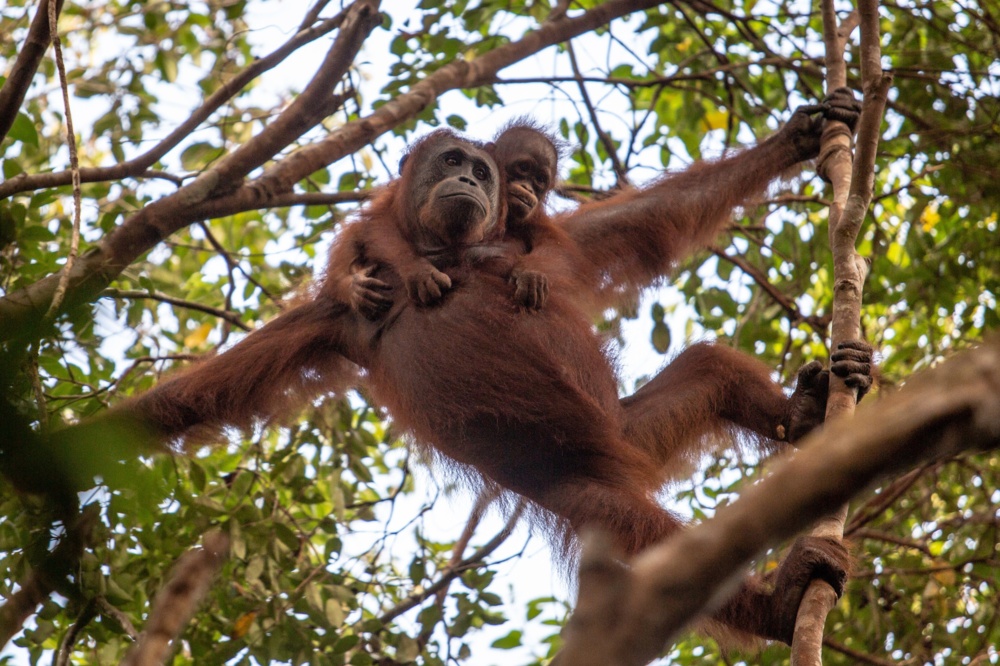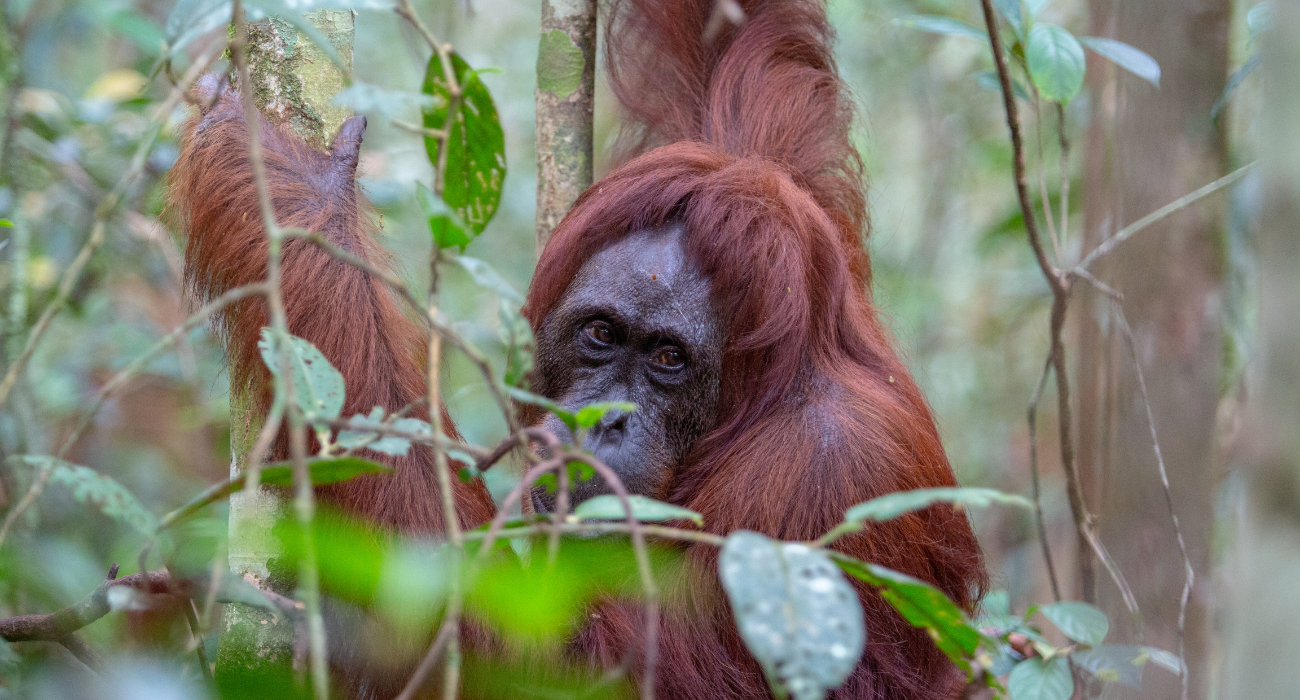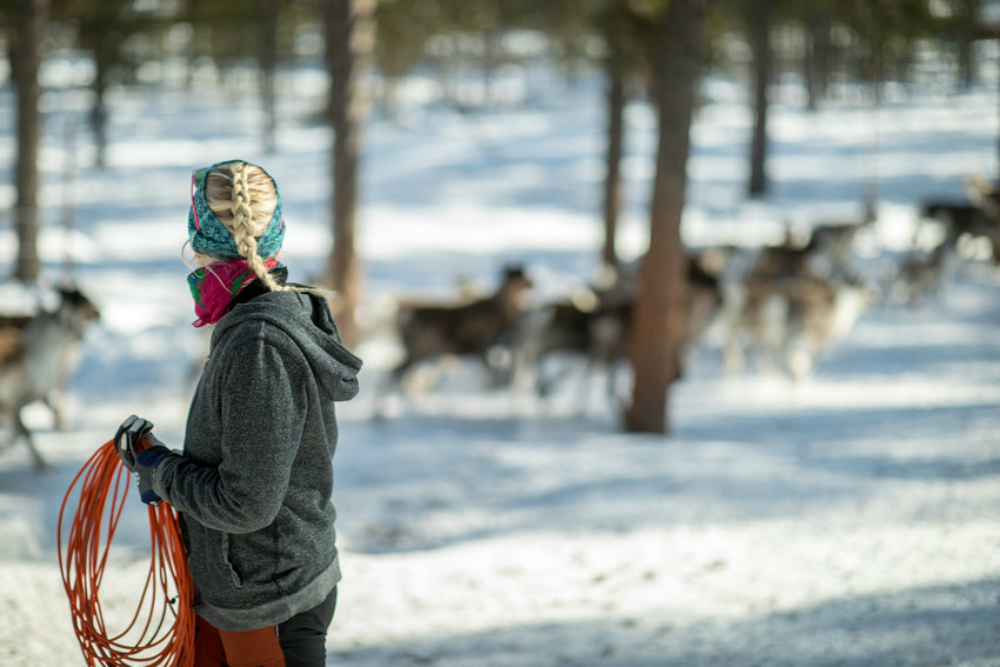
World Nature Conservation Day: let's act today for tomorrow's future
A healthy natural environment is critical to our well-being and our future. If we protect the life support systems of our planet, we support countless species – and ultimately ourselves.
People today and tomorrow will benefit from the action we take now to address the climate crisis and biodiversity loss. Every single basic human right depends directly on a healthy environment. The air we breathe, the water we drink, the food we eat – we all depend on it.
Pressure on policy makers around the world is increasing as the impacts of the climate and biodiversity crises become ever more apparent. The question, however, is whether those in the right positions will take ambitious, just and, above all, swift action. They must – if not, we face a worrying future.
The price of inaction
Current extreme weather events such as heat waves, droughts, and floods demonstrate the fatal consequences of the planetary emergency we are already in. We urgently need to act with more urgency and ambition to protect our planet's unique ecosystems. If we fail in doing so, both the biodiversity and the climate crises will continue to worsen. The scale of the consequences, which will claim more and more lives and exacerbate suffering for us all, is beyond our imagination.
At the same time, it is once again clear how much these two intertwined crises exacerbate inequality worldwide: people in the world's poorest and most vulnerable countries, who have contributed least to ecosystem degradation and global heating, are paying the highest price for richer countries' inaction to address the climate and biodiversity crisis. It is time to stop this downward spiral of injustice.
Ending the exploitation of our shared planet
Without a thriving, diverse natural world, the structures that make our planet habitable are in acute danger – and we have long known what needs to be done for a safer, healthier, and more sustainable planet.
After the broad failure of the last round of global biodiversity goals, new, binding targets to protect biodiversity must be based on the latest scientific knowledge and be measurable to hold states accountable. At the same time, damaged ecosystems on land and in the sea that have already been severely affected or destroyed must be restored.
To stop the ongoing plundering of our ocean and thus protect our most important ally in the fight against the climate crisis, we urgently need a ban on destructive fishing practices as well as more transparency within the global fisheries sector. This will bring fisheries out of the shadows and hold those responsible for environmental destruction and human rights abuses accountable.
By creating a carefully managed global network of interconnected, highly protected or fully protected marine protected areas covering at least 30% of our ocean by 2030, we can safeguard not only marine life but also the livelihoods and food security of countless people in coastal regions worldwide.
Finally, states and governments around the world urgently need to end environmentally harmful subsidies - especially those for fossil fuels - to free us from our self-destructive dependence on them, allowing us to not only protect our common planet, but also our health, wealth and well-being.
A historic opportunity for change
We face an unprecedented crisis that will affect all aspects of our lives and curtail fundamental freedoms and rights if we don’t take decisive action now. But it’s not too late to turn the tide on our future on this remarkable and unique planet.
We must re-evaluate our relationship with nature, protecting and restoring it rather than continuing to exploit it, undermining the central functions it performs for all life on Earth. Time is short, but through swift, ambitious political action we can preserve our natural world and the basic rights that depend on it, and move towards a peaceful, secure, and just future.
This is one of the greatest challenges of our time, but at the same time we have a historic opportunity to create global, just, and sustainable change – we can’t afford to miss it.
SIGN UP FOR OUR EMAILS AND STAY UP TO DATE WITH EJF

